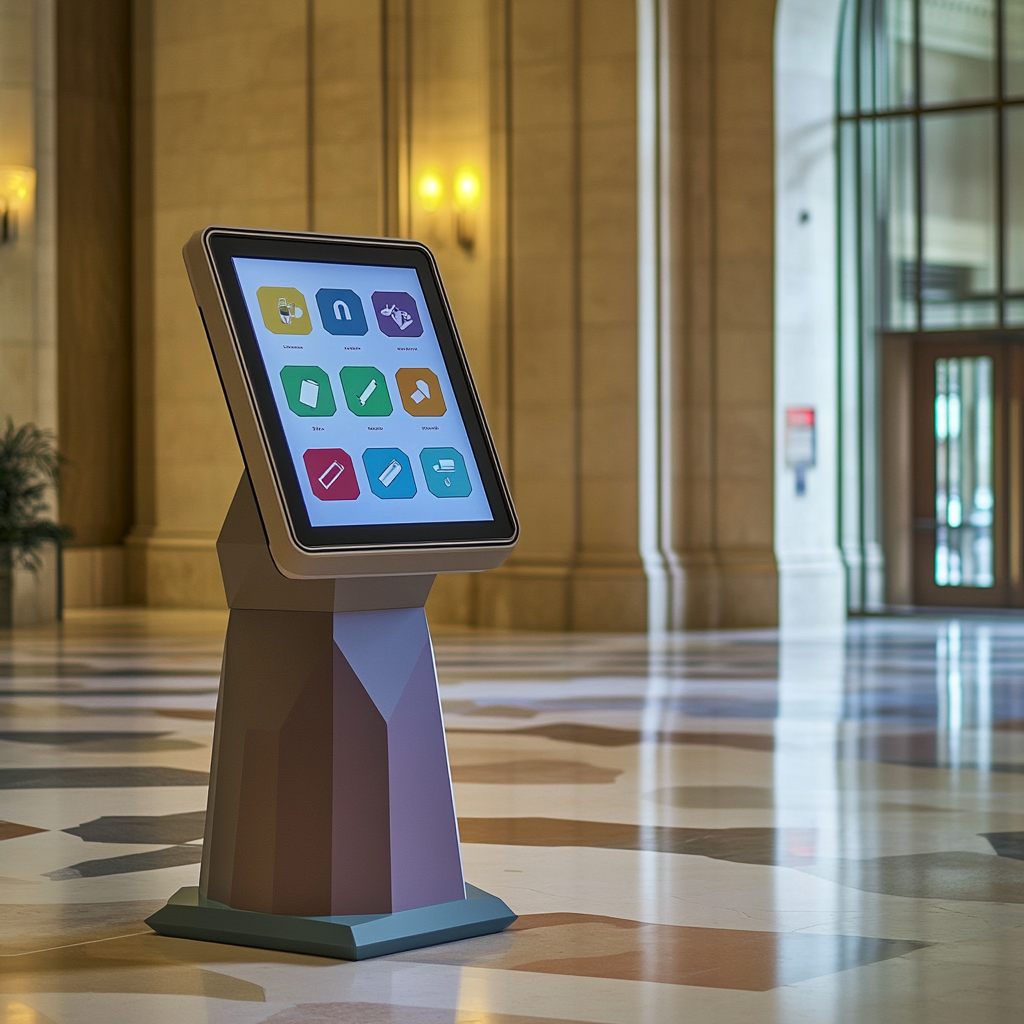
Higher & Hire Expectations — Right to Income
We surface hidden talents, issue digital badges, and fund stipends so building dollars stay local—laying tracks for worker-owned co-ops and collective bargaining muscle.
Why It Matters
-
A single hallway can hide HVAC tinkerers, bilingual storytellers, retired accountants, and budding coders—yet rent money still leaks to outside contractors. By inventorying skills with a simple None · Know · Do · Train scale, the program surfaces talent that can cut costs or earn income on-site.
-
Committees often rely on the same three people. Without a pathway from “helper” to “role” to “paid lead,” energy fizzles, and critical tasks—like translating bylaws or analyzing budgets—get skipped. Badges and clear role charters make advancement visible and sustainable.
-
Residents juggling app-based delivery work struggle to show transferable skills. By issuing verifiable micro-credentials (Open Badges) and logging hours in an exportable ledger, the program converts community service into résumé-ready proof for unions, employers, or small-business lenders.
-
Many grant-based stipends cease after a pilot, leaving residents high and dry. Higher & Hire Expectations links stipends to “leaderboard” engagement and trains badge-earners to pitch their services to nearby buildings—extending income beyond the grant cycle.
-
Generic workforce programs assume fluent English and formal résumés. Our badge lessons use plain language, icon navigation, and audio narration in English, Spanish, and Amharic—so residents learn at their own pace and prove competency without perfect grammar.
What’s Included in our Right to Income Work?
-

📌 Talent Bank Deposit & Heat-Map Dashboard
One Google-Form front end in the Teamwork App captures NKDT ratings for 30+ skills (and any custom ones). A color heat-map highlights gaps (reds) and strengths (greens) at a glance—guiding badge priorities.
-

📌 Micro-Badge Learning Tracks
10–30-minute modules: “Phone-Video Basics,” “Meeting Facilitation,” “Spreadsheet 101,” each capped by a peer-demo. Badges meet Open Badges JSON spec; downloadable as PNG with QR.
-

📌 Engagement Leaderboard & Stipend Trigger
Live chart ranks badge completions, tasks closed, and events hosted. Each quarter, residents vote to award stipends to top contributors—typically 10–20 % of active users.
-

📌 Role & Gig Library
Pre-scoped charters (Media Helper, Rapid-Aid Steward, Vendor Liaison, Child-Care Co-op Lead). Each lists expected hours, badge prerequisites, and stipend range.
-

📌 External On-Ramp Toolkit
Exportable badge transcript + hours ledger; template cover letter for union pre-apprenticeships; vendor-pitch slide for resident worker-co-op services.
🗳 How My Realest State Could Work
Resident Roles
Skill-Mapper (unpaid, 1 wk) logs initial deposits.
Badge Cohort Buddy pairs up for lessons.
Engaged Member (leaderboard) can propose paid gigs.
Peer Trainer (Train level) earns $30/hr to run future cohorts.
Tools & Technology
Talent Bank & Leaderboard sheets in Teamwork App.
Badge Builder (AppSheet form + Canva template).
Stipend Ledger auto-exports to CSV for 1099s.
Key Decision Points
Vote on which badge tracks unlock first.
Approve stipend budget each quarter.
Select which resident-service idea (e.g., cleaning co-op) gets pilot status.
Set criteria for Peer Trainer promotions.
✋ What We Need From Stakeholders
-
✅ Feedback
We keep the Talent Bank relevant asking which skills feel undervalued or missing?
-
💡 Badge Ideas
Help us align learning tracks with real earning potential. CPR? HVAC? Social-media basics?
-
🗓 Volunteer Trainers
Residents or partners who can teach a 30-min lesson and help build internal capacity and new badge tiers.
-
🌐 Gig Leads
A nearby property manager, union apprentice coordinator, co-op federation could help convert badges into outside income faster.
🗣 How to Share Feedback
Three easy ways
Two-Minute Skill Gap Survey → [Link]
Open House on Zoom — first Monday 8 p.m.; simultaneous Spanish audio.
Tell any Peer Trainer in person—we log every note in the Teamwork App and report back next meeting.
